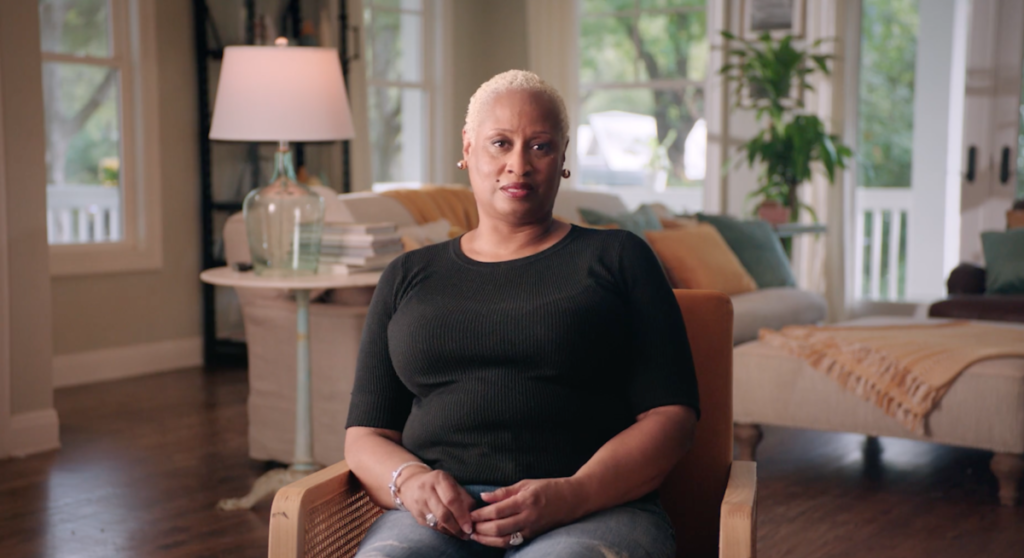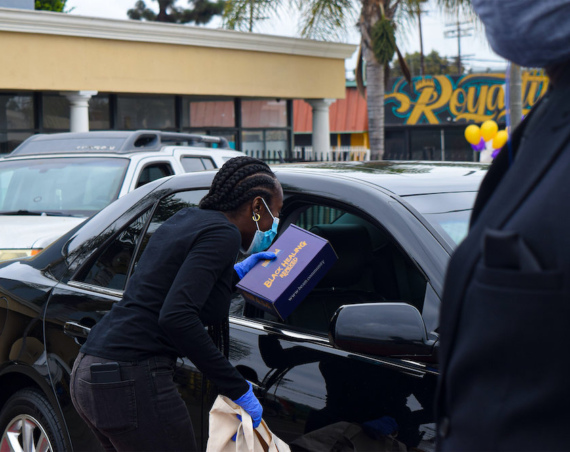
Hidradenitis suppurativa (HS), sometimes referred to as acne inversa, is a chronic skin condition characterized by small, painful lumps under the skin. The lumps typically develop where the skin rubs together, such as in the armpits, groin, buttocks, and under the breasts.
HS is thought to occur as a result of blocked hair follicles leading to inflammation and infection, although the exact cause is unknown. It’s a non-contagious condition, but it can be painful and cause significant discomfort, often becoming more severe over time. The lumps can break open, or rupture, causing tunnels under the skin and leading to scarring.
Hidradenitis suppurativa (HS) tends to be more common in women than in men and affects approximately one in every hundred people globally. Studies suggest that it may be up to three times more common in women, although the exact reason for this disparity is not well understood.
There’s no known cure for hidradenitis suppurativa, but the condition can be managed with medications, lifestyle changes, and in some cases, surgery.
To bring more awareness to the disease Novartis has now collaborated with filmmaker, journalist, and advocate Jasmine Ivanna Espy to produce a docuseries called “The Beacons: Illuminating HS Stories”. The docuseries, consisting of six episodes premiering at the Tribeca Festival, explores the personal experiences of six individuals. The episodes provide insight into the challenges faced by HS patients, such as painful bumps, boils, and abscesses that can rupture, as well as the resulting emotional toll and stigma. Novartis aims to use storytelling as a means to humanize the condition, raise awareness, and help patients find appropriate treatment.
The docuseries is part of Novartis’ broader “Shine a Light on HS” campaign, which includes a website offering resources for patients and healthcare professionals. One tool available on the website is a skin visualizer that demonstrates how the disease manifests across different skin tones.
Novartis’ objective is to address the unmet needs of HS patients who may be unaware of treatment options. The campaign seeks to reach and support more sufferers, as well as destigmatize the disease. Novartis’ Cosentyx, a monoclonal antibody already approved for other inflammatory conditions, recently received European approval for HS and is awaiting FDA approval. Cosentyx demonstrated positive results in a 52-week study, with a 55% response rate and a significant reduction in HS-related pain. However, UCB’s IL-17A/F inhibitor Bimzelx is emerging as a potential competitor with better results, according to experts cited by SVB Securities analysts as Fierce Pharma reports.



